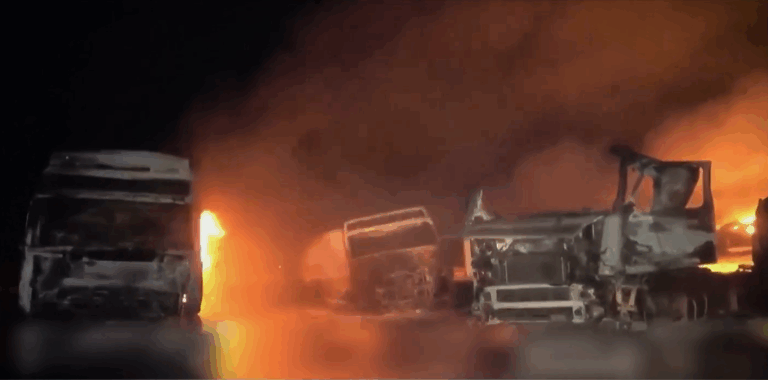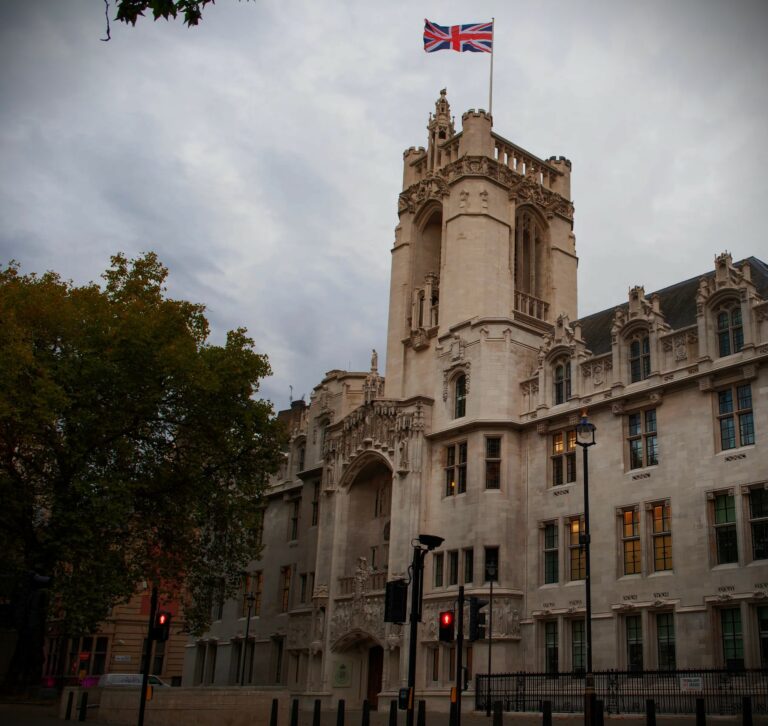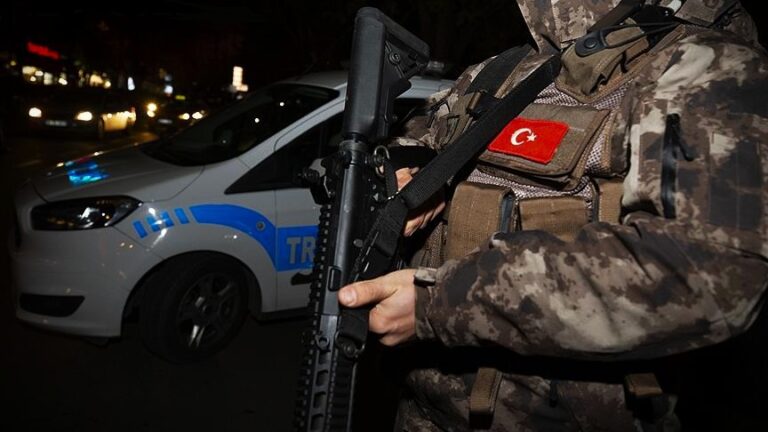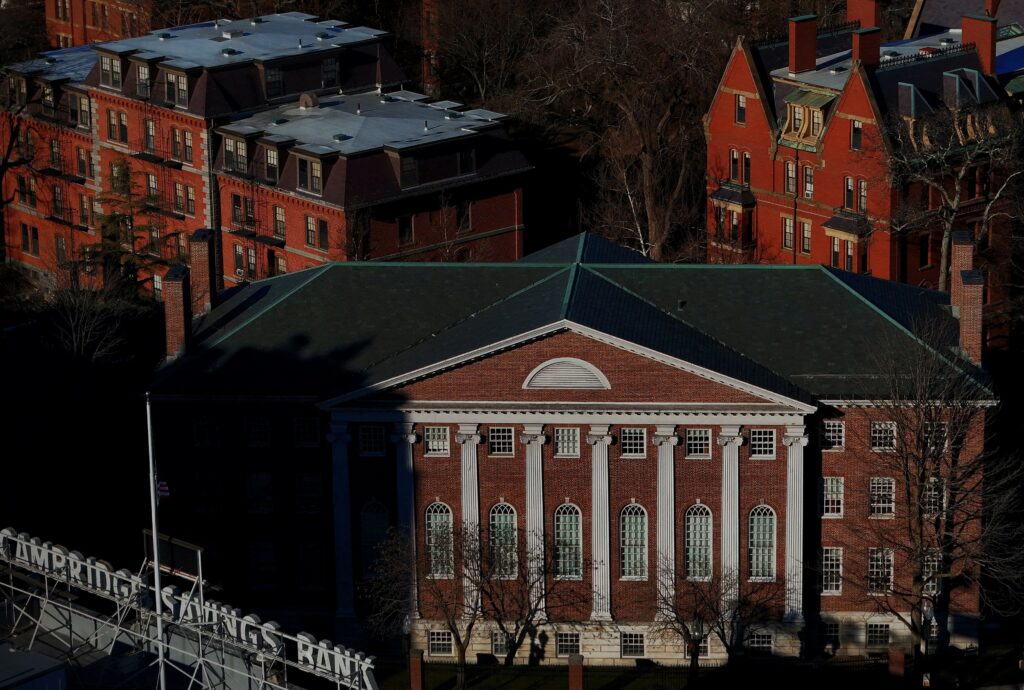
After a prolonged period of strained relations, France and Algeria have taken a decisive step toward reconciliation. French Foreign Minister Jean-Noel Barrot met with Algerian President Abdelmadjid Tebboune in Algiers on April 6, 2025, marking a significant diplomatic breakthrough.
Following the 2.5-hour discussion, Barrot announced that both nations had agreed to fully restore cooperation across all sectors. “We are reactivating all mechanisms of collaboration. We are returning to normal, and as President Tebboune himself put it: ‘The curtain is lifted,’” he declared.
This announcement follows a March 31 phone conversation between French President Emmanuel Macron and President Tebboune, during which both leaders laid the groundwork for mending ties. This moment of détente comes after nearly a year of rising tensions, particularly in trade and geopolitical matters.
The Breakdown: What Led to the Diplomatic Fallout?
Relations between France and Algeria took a serious hit in July 2024, when Macron’s administration supported an autonomy plan for Western Sahara under Moroccan sovereignty. This move infuriated Algeria, which has long been an advocate for Sahrawi independence and opposes Moroccan control over the region.
In response, Algeria imposed economic restrictions that severely impacted bilateral trade. Some key consequences included:
- A 30% drop in trade between the two nations
- French companies being excluded from major Algerian tenders, including wheat imports
- Increased bureaucratic obstacles for French firms operating in Algeria
- A halt in security and migration cooperation, two areas critical to both nations
Tensions were further exacerbated by historical grievances, as France and Algeria share a complicated colonial past. While both governments have repeatedly attempted to build a modern partnership, political missteps have often strained the relationship.
The Road to Reconciliation: What’s Changing?
With diplomatic dialogue now fully restored, France and Algeria are poised to resume trade, security, and strategic cooperation. Officials on both sides recognize the deep economic and cultural ties that make stable relations vital.
For France, rebuilding ties with Algeria is essential for economic reasons, as Algeria has been a key market for French goods, investments, and energy partnerships. Moreover, the Algerian diaspora represents a significant portion of France’s population, making diplomatic stability an internal political necessity.
On Algeria’s side, renewed cooperation could open doors for French investment, particularly in infrastructure, technology, and energy projects. While Algeria has been expanding partnerships with China, Russia, and Turkey, France remains a valuable economic and diplomatic ally.
Security cooperation is another key factor in the talks. Both countries face regional threats, including terrorism, organized crime, and irregular migration. The renewed diplomatic engagement could lead to joint efforts in intelligence sharing and border security initiatives.
Challenges Ahead: Will This Last?
While this diplomatic thaw is a significant step forward, analysts caution that underlying tensions have not disappeared.
- Western Sahara Remains a Sticking Point
- Algeria remains deeply opposed to France’s pro-Morocco stance on the issue. Future disagreements could reignite tensions.
- Competition from Other Global Powers
- China, Russia, and Turkey have all increased their economic footprint in Algeria. France will need to work harder to re-establish its influence in the region.
- Domestic Politics in Both Countries
- In France, anti-immigration sentiments and political debates about post-colonial relations with Algeria could complicate long-term cooperation.
- In Algeria, some factions within the government remain wary of France’s intentions, pushing for a more diversified economic strategy.
- Restoring Business Confidence
- French companies previously affected by Algeria’s economic restrictions may be hesitant to re-engage. Trust and long-term guarantees will be key to rebuilding economic ties.



